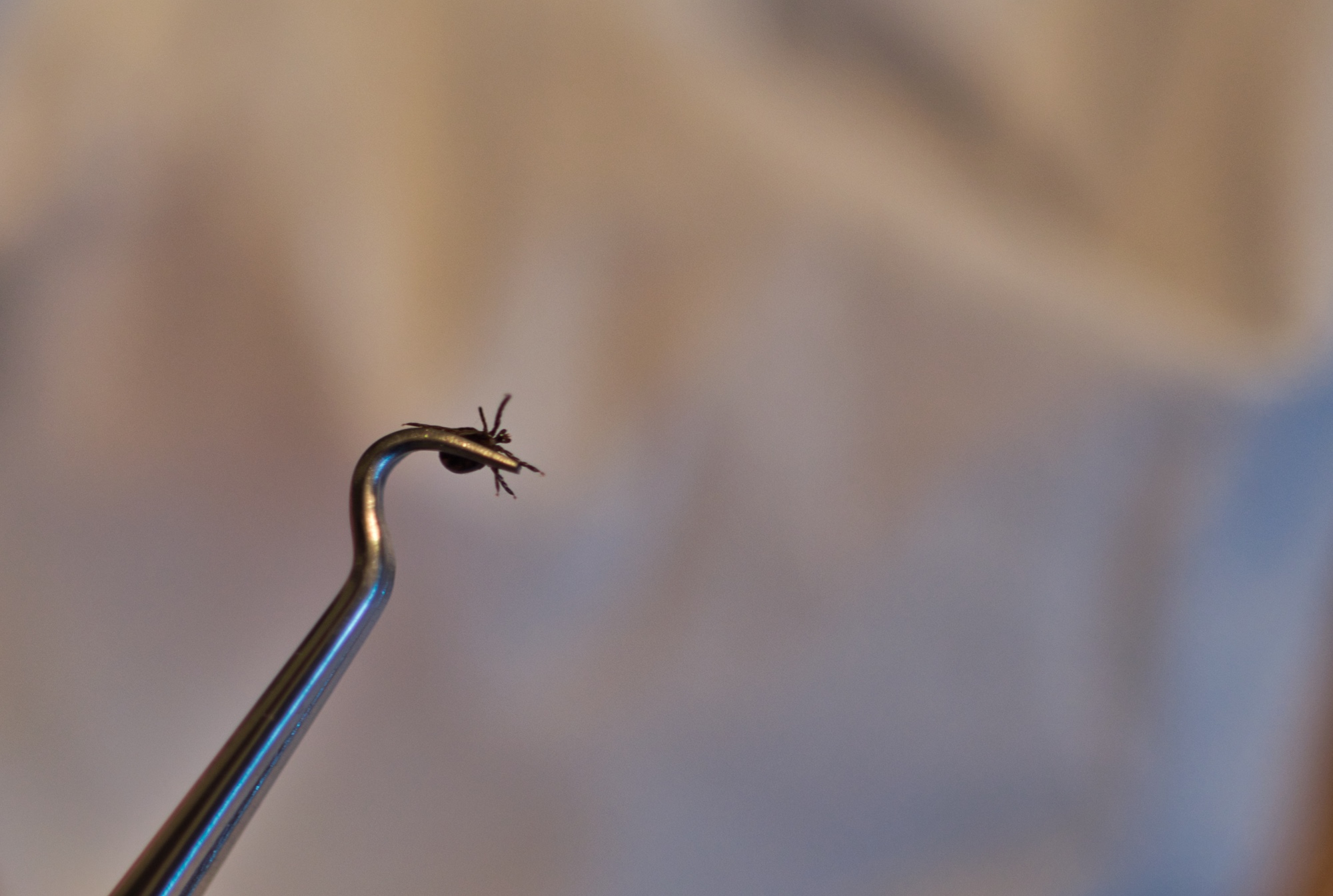Government Of Canada Announces Lyme Disease Research & Funding

The Government Of Canada announced this week that they will invest into Lyme Disease Research & Funding. The Honourable Ginette Petitpas Taylor, Minister of Health, announced $4 million for a Pan-Canadian Research Network on Lyme Disease in order to generate knowledge to improve diagnosis and treatment, and an additional $1.25 million to increase Canada’s capacity to respond to the health impacts of Lyme disease.
“The Government of Canada is proud to support a network that focuses on collaboration among Lyme disease stakeholders from across the country to improve patient outcomes and access to care. This research will be complemented by projects to address the risks associated with Lyme disease in Canada.”
Lyme disease risk areas in Canada where tick populations and B. burgdorferi are known or most likely to occur, as of 2016 (Source)
With the growing number of families that are affected by Lyme disease (an infectious disease spread through the bite of infected ticks), The Government of Canada wanted to show their commitment to reducing the public health risks associated with this disease (which is emerging in many parts of the country due in part to climate change).
“Congratulations to Dr. Kieran Moore from Queen’s University and his research team for receiving funding today. We recognize that more research is needed on Lyme disease to provide Canadians with the most appropriate and efficient health solutions. The work you will undertake, in collaboration with patients, is essential to creating new knowledge to translate from bench to bedside to population.”
Number of human cases of Lyme disease reported in Canada, 1994-2016 (Source)
Co-led by Dr. Kieran Moore from Queen’s University and Drs. Beate Sander and Samir Patel from the University of Toronto, the Research Network will bring together Lyme disease stakeholders—including researchers, clinicians and patients—and facilitate national collaboration to ensure better health outcomes for people with Lyme disease. The multidisciplinary network will help address the knowledge gaps that exist for Lyme disease prevention and control, diagnosis and treatment options.
In addition to building the research and evidence base, the Government of Canada is also committed to enhancing Lyme disease surveillance, along with increasing awareness, education and training for the public and health care providers. Five new projects will receive a total of $1.25 million under the Infectious Diseases and Climate Change Fund to support these priorities.
These investments, through the Canadian Institutes of Health Research and the Public Health Agency of Canada, are part of Budget 2017’s commitment to supporting the implementation of the Pan-Canadian Framework on Clean Growth and Climate Change.
The Pan-Canadian Research Network on Lyme Disease will:
Build a national network on Lyme disease to facilitate and support national collaboration among Lyme disease stakeholders (researchers, clinicians and patients) in resource and knowledge sharing in order to:
Mobilize, strengthen and build capacity in the Lyme disease research community.
Develop innovative multidisciplinary curricula and training opportunities for students and professionals.
Facilitate and support translation and dissemination of new knowledge from bench to bedside to population in order to:
improve clinical science and practice;
foster policy changes, leading to transformative and measureable improvements in the development and implementation of evidence-informed practices, policies, services, products and programs;
improve patient outcomes, access to care and quality, efficiency and effectiveness of health care.
Develop a national cohort of patients in order to better understand the association between serological and clinical phenomenology of Lyme disease on a longitudinal basis (including a biobank creation and maintenance).
Projects announced include:
$28,600 for Conseil des Abénakis de Wôlinak to conduct research and address Lyme disease in the Abenaki First Nations reserve of Wôlinak
$55,632 to Mount Allison University for field surveillance of tick populations through citizen science partnerships as a means for acquiring high-density data, community surveillance data and facilitating community education
$496,243 for the Canadian Association of Schools of Nursing to empower the next generation of health care professionals with knowledge, skills, tools and supports to address infectious diseases related to climate change in Canada
$477,149 for Bishops University for citizen-based surveillance of Ixodes scapularis and other ticks in Ontario, Quebec and New Brunswick using eTick.ca, a web platform dedicated to image-based tick identification
$195,782 for the Centre for Effective Practice to develop a Lyme disease technical toolkit for family physicians







